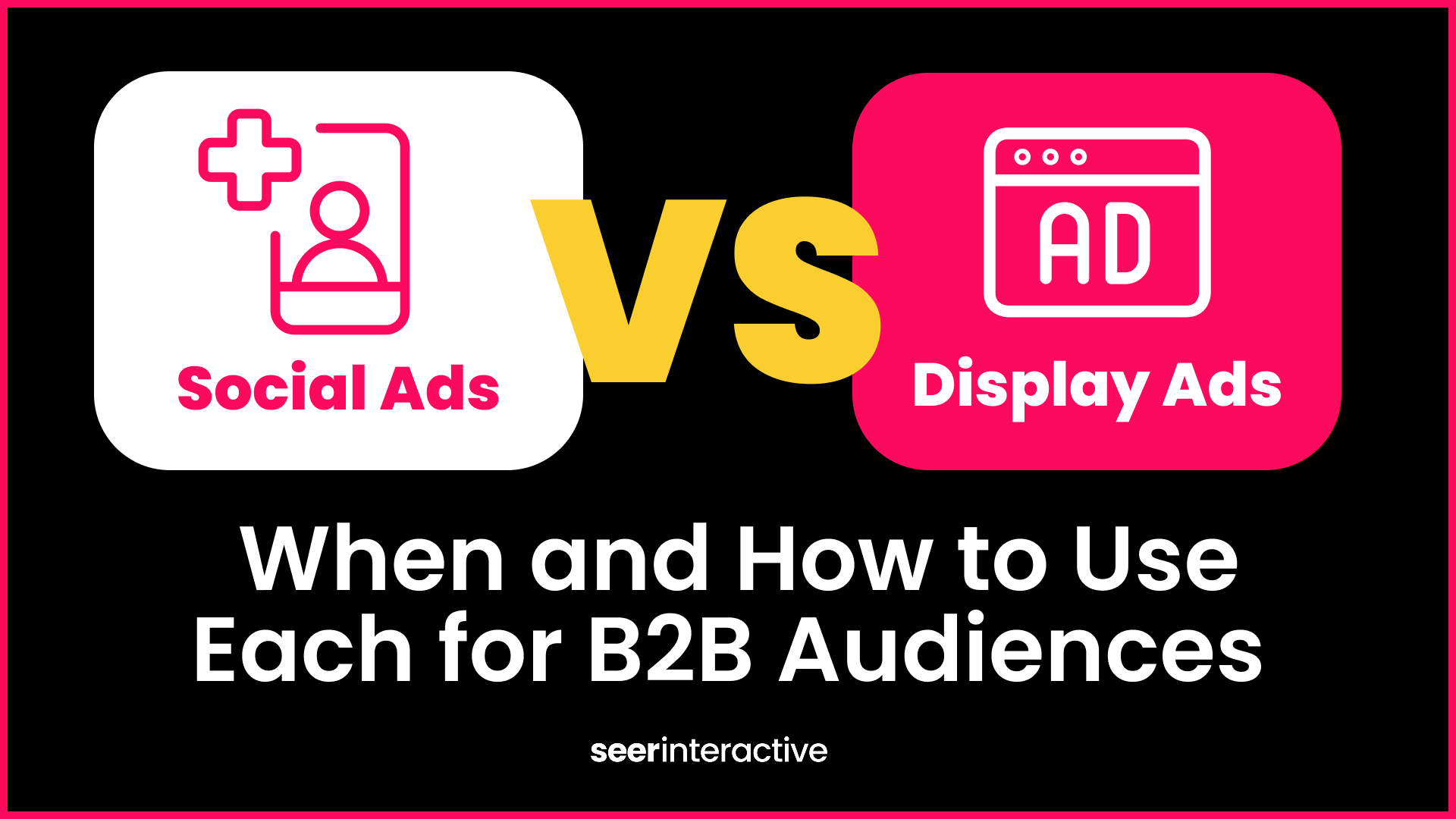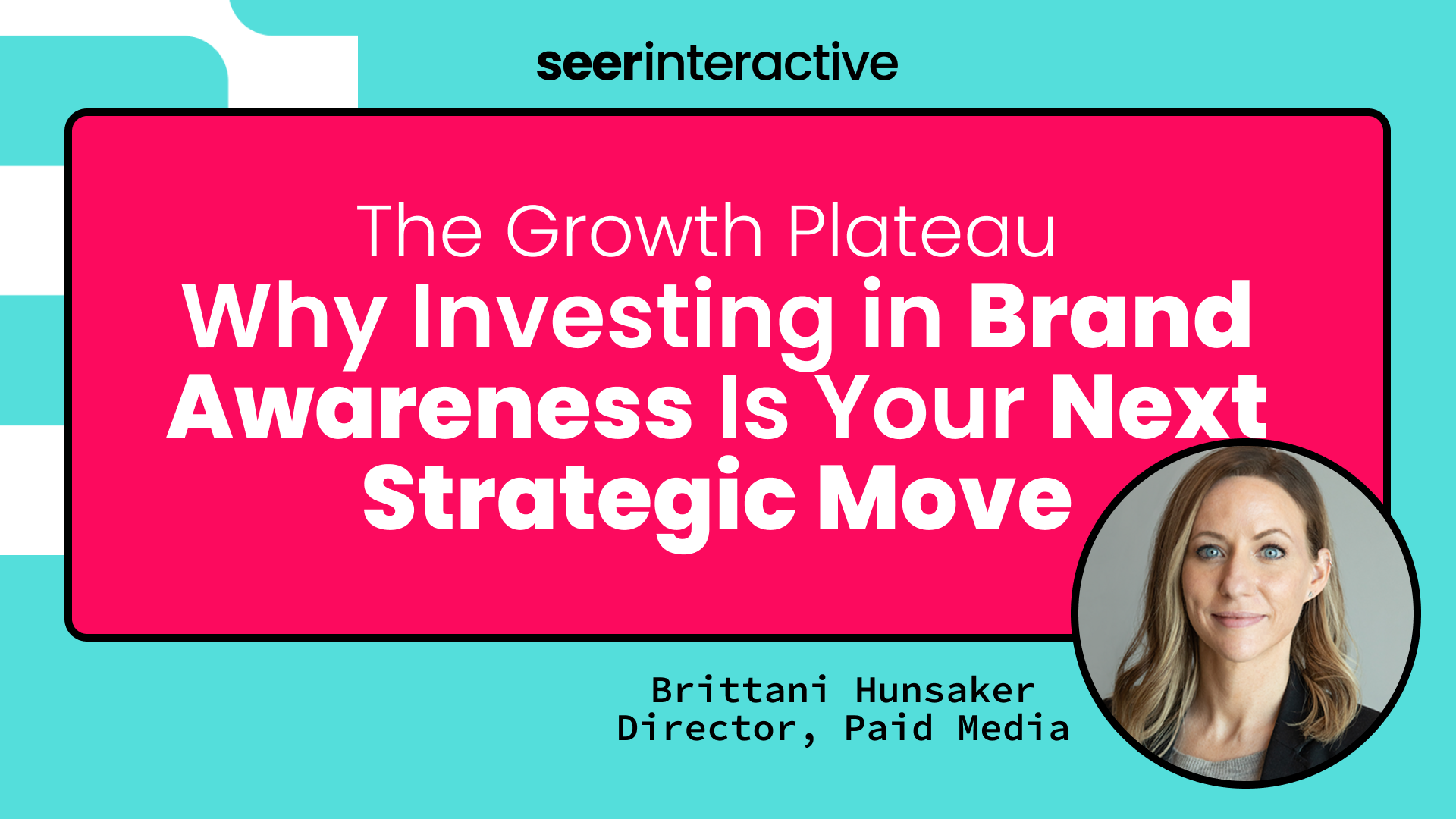Introduction to RSAs
Responsive Search Ads (RSAs) are a type of ad format that allows advertisers to create multiple headline and description options.
Google's machine learning algorithm then automatically tests different combinations and learns which ones perform best over time.
RSAs are crucial for businesses as they allow for more flexibility, a higher chance of ad engagement, and better ad performance.
Anatomy of a Responsive Search Ad
Responsive Search Ads (RSA) consists of several key elements that contribute to its flexibility and effectiveness. It includes multiple headlines and descriptions, which are dynamically combined by Google's machine learning algorithms.
Specifically, an RSA can host up to 15 different headlines and 4 distinct descriptions. In any given ad, a minimum of 3 headlines and 2 descriptions will be selected to show in any combination.
Each headline can contain a maximum of 30 characters, and each description can be up to 90 characters long.
-1.png?width=1920&height=1080&name=2023%20Blog%20Graphics%20(2)-1.png)
That is A LOT of copy to write, especially if you're working on a large account with multiple RSAs.
.png?width=1920&height=1080&name=faq-schema%20(1).png)
Additionally, an RSA requires a final URL where the user will be directed after clicking the ad.
The combination of these elements allows for enhanced personalization and relevance to the target audience, thus maximizing the ad's performance.
How ChatGPT Streamlines RSA Creation
Seeing how diverse RSA copy needs be above, ChatGPT can be a game-changer for RSA creation. It can generate numerous, diverse headlines and descriptions in a fraction of the time it would take a human writer.
This opens up possibilities for testing a wider variety of ad combinations, potentially leading to improved ad performance.
For example, a business selling eco-friendly products can input a few details about their brand and products into ChatGPT.
[Pro Tip] With the available plugins in ChatGPT 4, it's easy to have ChatGPT scrape website pages from your site with the relevant information.
The AI could then generate several unique and compelling headlines and descriptions that highlight the brand's commitment to sustainability, the quality of their products, and other selling points.
4 Benefits of Using ChatGPT for RSA Creation
- Efficiency and Speed: ChatGPT can drastically reduce the time spent on creating RSAs. This allows businesses to focus their resources on other vital aspects of their operation.
- Cost-Effectiveness: By automating part of the content creation process, businesses can save on labor costs associated with writing and optimizing RSAs.
- Scalability: With ChatGPT, businesses can easily scale their ad campaigns. The AI can generate a large volume of content quickly, making it easier to launch large-scale ad campaigns.
- Improved Ad Performance: By generating numerous ad variations, ChatGPT increases the chances of discovering high-performing ad combinations.
2 Pitfalls to Avoid with AI-Driven Content Creation
While AI offers many benefits, it's crucial to avoid certain pitfalls:
- Over-Reliance on AI: While AI can create content quickly, it's not perfect. It's important to review and edit the output to ensure it aligns with your brand voice and message.
- Lack of Human Touch: AI can't fully replicate the emotional intelligence and creativity of a human writer. Balancing AI-generated content with human input can lead to more effective communication.
Setting up workflows and processes to ensure accuracy and human essence with your content is a super important step to leveraging AI for any content creation.
A Hybrid Approach: Marrying AI with Human Input
The most effective way to use AI like ChatGPT in RSA creation is by adopting a hybrid approach. Let the AI handle the heavy lifting of generating multiple headlines and descriptions. Then, have human team members review, edit, and approve the final versions. This approach combines the efficiency and scalability of AI with the creativity and critical thinking of humans, leading to high-quality, effective RSAs.
Testing ChatGPT for RSA Creation
An initial trial phase of implementing ChatGPT into RSA asset creation yielded promising outcomes for one of our clients.
The AI-powered script generated a plethora of headlines
Some of which were extremely accurate:
- Compassionate and Skilled Doctors
- Top-Rated Pediatric Surgeons
While others hilariously missed the mark:
- Fix your bones fast
- Kids Brain Care
This experiment underscored the importance of human intervention and review to ensure the content aligns with the brand's voice and resonates with the target audience accurately.
Cost-Effectiveness is a Standout Feature
With an expense of less than a dollar, approximately 700 RSAs were generated.
This not only showcases the economic viability of integrating AI but also highlights its potential to bring content creation within reach for businesses with varying budgets.
However, quantifying the exact time saved is a nuanced endeavor. While the ChatGPT script undoubtedly expedited the content generation process, a substantial portion of time was redirected toward manual review and correction. This again brings to light the significance of striking a balance between automation and human oversight.
3 Practical Tips for Using AI for Content
- Start Small: Begin by automating a small portion of your RSA creation process. Gradually increase AI usage as you become more comfortable with the technology.
- Monitor Results: Keep a close eye on the performance of your AI-generated RSAs. Use these insights to refine your use of AI.
- Train Your Team: Ensure your marketing team understands how to use AI tools like ChatGPT effectively. Provide training and support as needed.
In conclusion, embracing AI technologies like ChatGPT can revolutionize the RSA creation process. By marrying AI-generated content with human input, businesses can create effective RSAs that save time, reduce costs, and deliver excellent results.


